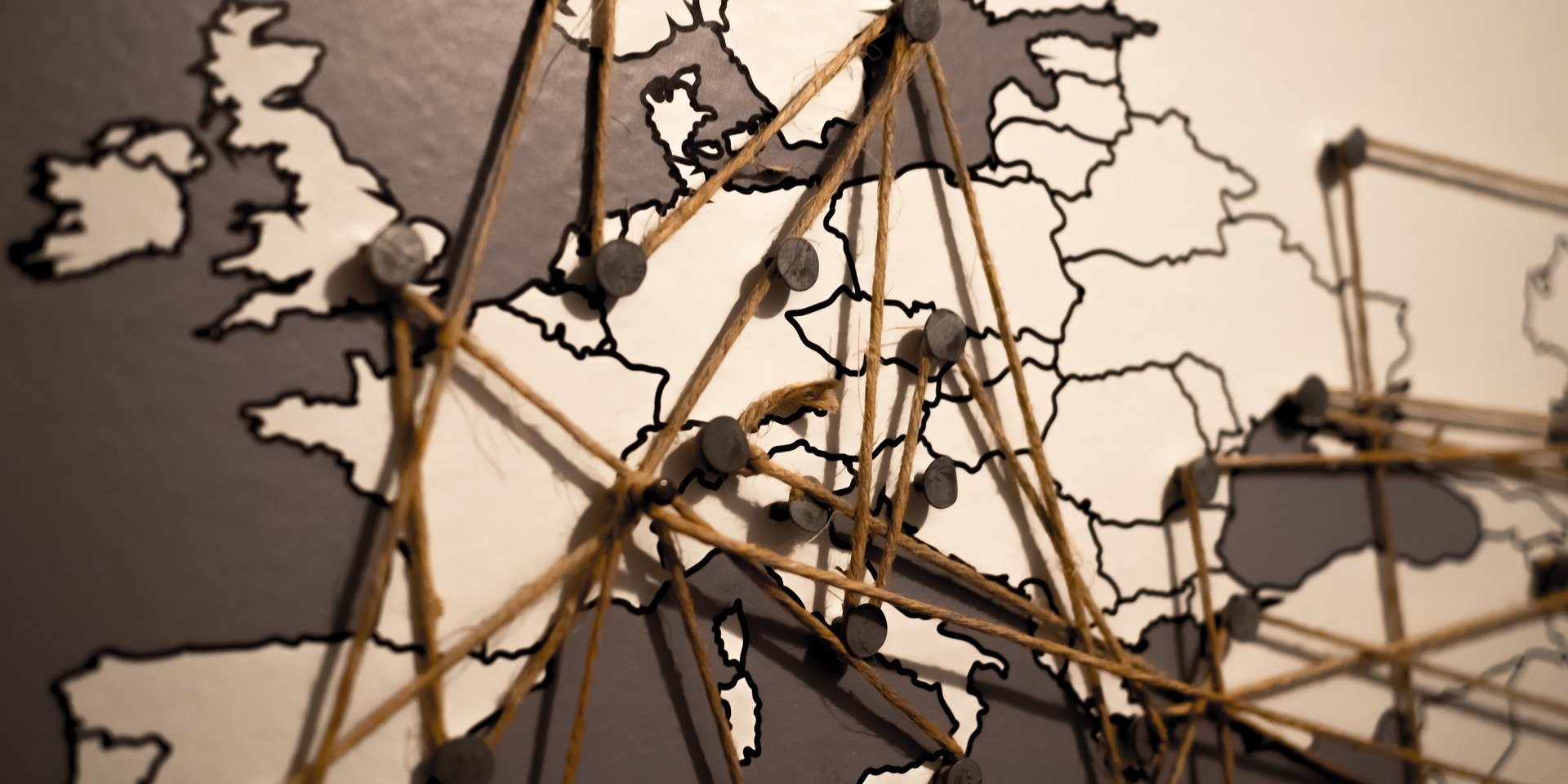FRANKFURT — Europe has taken a small step in its long march toward economic normalcy.
The European Central Bank said on Thursday that it had pondered how to wind down its easy money policies, an enormous stimulus program aimed at promoting growth and inflation in the eurozone. But the bank also postponed a decision on when it would actually do so, and will likely decide at least some of the details at its next meeting in October, the bank’s president, Mario Draghi, said.
Even though the eurozone is arguably in its best economic shape in a decade, Mr. Draghi and his colleagues on the bank’s Governing Council have been exceedingly cautious about ending the emergency measures that helped prevent the euro from self-destructing after the global financial meltdown in 2008.
The Federal Reserve in the United States began raising interest rates at the end of 2015, but the European Central Bank continues to flood the 19-nation eurozone with cash as a way to reduce interest rates, stimulate growth and nudge inflation from levels considered to be dangerously low. The measures have worked, for the most part, helping the region overcome a prolonged slump.
But the program — known as quantitative easing — has also had side effects, including fueling a steep rise in real estate prices in Germany that have led to fears of a bubble.
Mr. Draghi said Thursday that the benefits have far outweighed any negative effects. Still, with the Fed moving in the opposite direction, the European Central Bank has been under pressure to shift its policy.








